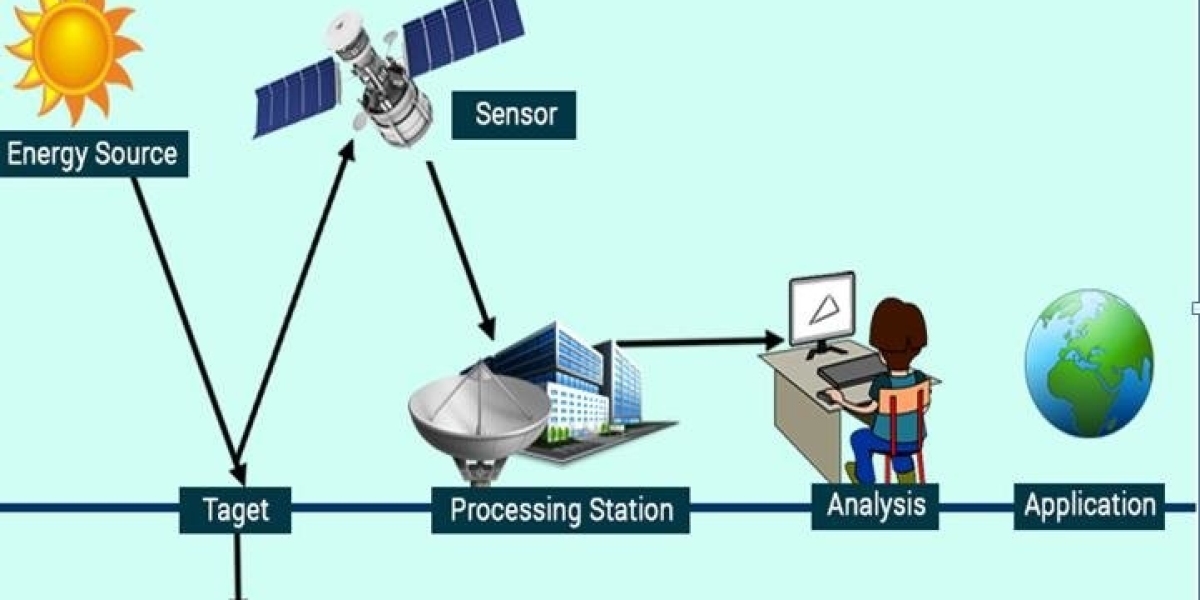At Freedom Psychiatry Center, we understand the profound effects trauma can have on mental health, including its impact on memory. Whether it’s from a single traumatic event or a history of complex trauma, many individuals report experiencing memory loss or cognitive difficulties. But is there a direct connection between trauma and memory loss? And if so, how does trauma affect memory? In this blog, we’ll explore the complex relationship between trauma and memory loss, focusing on PTSD, complex PTSD, and other related conditions.
Does Trauma Cause Memory Loss?
Trauma, particularly when it is severe or ongoing, can have a significant impact on how our brains process and store memories. Trauma causing memory loss is not just a myth. There is scientific evidence that both short-term and long-term trauma can interfere with memory function, leaving people struggling to recall details of important events, or even struggling to remember day-to-day activities.
Many people who have experienced traumatic events report what we refer to as trauma memory loss. This can range from temporary forgetfulness to more persistent cognitive impairments. So, does trauma cause memory loss? The answer is yes, particularly when it leads to conditions such as PTSD (Post-Traumatic Stress Disorder).
PTSD and Memory Loss
One of the most common mental health conditions related to trauma is PTSD, which affects a person’s ability to cope with and process traumatic experiences. One of the hallmark symptoms of PTSD is the inability to regulate emotions, and this emotional dysregulation can lead to short-term memory loss and difficulties with concentration.
PTSD memory loss is often reported as a form of short-term memory loss trauma, where individuals may have trouble remembering things that occurred in the days or weeks following the trauma. This can be especially troubling when it comes to personal safety, important daily tasks, or even relationships.
In addition to this, individuals with PTSD often experience traumatic memory loss that is triggered by flashbacks, nightmares, or intrusive thoughts. These memories are often fragmented, making it hard for someone to access the full recollection of the event. In severe cases, PTSD and memory loss can feel overwhelming, causing individuals to feel disconnected from their past or unable to make sense of their experiences.
Complex PTSD and Memory Loss
Complex PTSD (C-PTSD), which results from prolonged or repeated trauma, can also contribute to memory loss after traumatic event. Unlike single-event trauma, complex PTSD arises from exposure to continuous, often overwhelming stressors such as childhood abuse, neglect, or long-term exposure to violence.
People with complex PTSD often experience heightened memory issues, particularly related to emotional trauma memory loss. This is because the brain is constantly on high alert, leading to difficulties in storing and recalling memories properly. As a result, individuals may experience trauma and forgetfulness, forgetting important details or moments in their life, especially those that are tied to emotional distress.
Does Trauma Affect Memory?
So, does trauma affect memory? Yes, trauma can significantly impact both short-term and long-term memory. When the brain perceives a traumatic event, it triggers the release of stress hormones like cortisol and adrenaline. In the short term, these hormones can affect how memories are formed, potentially leading to memory loss after traumatic event.
In cases of trauma causing memory loss, the brain may also suppress memories as a coping mechanism to avoid the overwhelming feelings associated with the traumatic event. This can manifest as memory loss after traumatic event, trauma and memory loss, or even total memory gaps around the incident.
Emotional Trauma and Memory
Emotional trauma memory loss is a unique aspect of trauma-related memory issues. Often, emotional trauma, such as the death of a loved one, abusive relationships, or experiencing a natural disaster, can lead to does trauma make you forget things? In these cases, the mind may protect itself by blocking out painful memories, leading to gaps in memory, which can be distressing for those affected.
Trauma and forgetfulness can also appear as difficulty remembering everyday details, such as names, dates, or even where you left your keys. This forgetfulness is often compounded by heightened anxiety or stress, making it more difficult to focus and concentrate.
Can a Traumatic Event Cause Memory Loss?
Yes, can a traumatic event cause memory loss? Absolutely. When a traumatic event occurs, the brain may enter a state of heightened alert, called "fight or flight," which prioritizes survival over other processes like memory retention. In the aftermath of the trauma, this can result in PTSD short-term memory loss or trauma causing memory loss, where you may struggle to recall specific details of what happened or even have difficulty recalling simple daily tasks.
Treatment and Support for Trauma and Memory Loss
If you or someone you love is experiencing memory loss due to trauma, it’s important to seek help. Trauma and memory loss are serious issues that can affect your ability to live a fulfilling life. At Freedom Psychiatry Center, we specialize in helping individuals recover from PTSD and memory loss, using a range of therapeutic approaches designed to support healing and cognitive function.
Some treatment options include:
- Cognitive Behavioral Therapy (CBT): A proven method for helping individuals understand and change negative thought patterns related to trauma.
- Trauma-Focused Therapy: Specialized therapies such as Eye Movement Desensitization and Reprocessing (EMDR) or trauma-informed therapy can help process traumatic memories in a safe and structured way.
- Medication Management: In some cases, medication may be prescribed to help manage the symptoms of PTSD and reduce the impact of stress on memory.
Conclusion: Trauma and Its Long-Lasting Impact on Memory
The relationship between trauma and memory loss is complex and multifaceted. PTSD memory loss, complex PTSD and memory loss, and emotional trauma memory loss are all very real challenges that many individuals face. Trauma causing memory loss is not just a temporary issue—it can have long-lasting effects on cognitive function and emotional well-being.
If you believe that trauma is affecting your memory or mental health, it's important to take steps toward healing. At Freedom Psychiatry Center, we are here to support you in your journey towards recovery. Our team of mental health professionals is dedicated to providing compassionate, expert care to help you regain control of your life, your memories, and your mental health.
For more information, or to schedule an appointment, visit us at Freedom Psychiatry Center.








